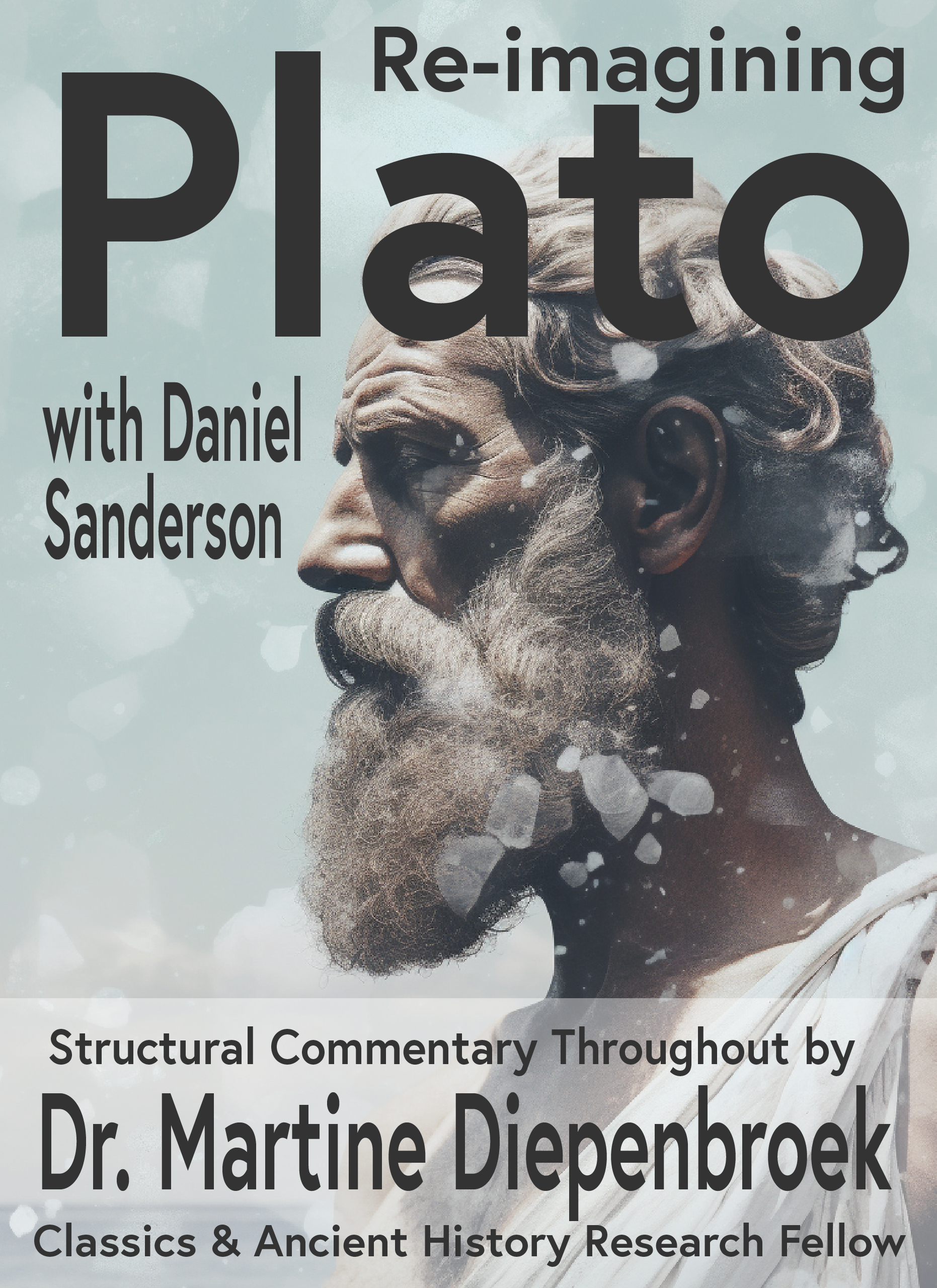The Art of Living: Ancient Wisdom for a Balanced and Fulfilling Life
In an era rife with self-help books promising a fulfilling life, "The Art of Living: Ancient Wisdom for a Balanced and Fulfilling Life" is yet another testament to humanity's fascination with finding meaning and purpose. However, we must approach this well-intentioned yet misguided work with an unwavering commitment to intellectual rigour and critical analysis. By dissecting the claims of ancient wisdom and exploring their historical context, we can unveil the fallacies and illusions that underlie the pursuit of a balanced and fulfilling life.

The Historical Mirage:
The allure of ancient wisdom often stems from our romanticized view of the past, an era we falsely perceive as possessing profound insights into the human condition. However, such idealizations overlook the significant flaws and limitations of those times. Ancient societies were marred by superstition, discrimination, and inequality, and these profoundly flawed foundations shaped their perspectives on life. Therefore, embracing their wisdom uncritically jeopardizes our quest for genuine progress.
Conventional Wisdom Challenged:
Let us challenge the conventional wisdom that ancient sages possessed unique insights into the art of living. The mere passage of time does not grant authority or accuracy to their teachings. Consider the Stoic philosophy, revered by many as a guide to tranquillity and virtue. While Stoicism promotes self-control and resilience, its insistence on suppressing emotions and denying natural human impulses betrays a flawed understanding of our complex nature. Embracing Stoicism unquestioningly can lead to emotional repression and detachment from reality.
Moreover, the notion of balance, often associated with ancient wisdom, requires scrutiny. Balance implies a static equilibrium wherein all elements find their optimal place. However, life is dynamic, and our circumstances and priorities constantly evolve. Embracing a fixed notion of balance hinders growth and adaptability, discouraging us from pursuing new experiences and challenges. Seeking a fulfilling life should be rooted in embracing change, not clinging to outdated notions of equilibrium.

The Fallacy of Singular Paths:
"The Art of Living" assumes a singular path to fulfillment, a universal formula for all individuals. This oversimplification fails to recognize the inherent diversity of human experiences and desires. Each person's journey toward completion is inherently subjective, shaped by unique circumstances and personal aspirations. Relying on ancient wisdom as a one-size-fits-all solution undermines the importance of individual agency and self-discovery.
The Dangers of Retrogressive Nostalgia:
The yearning for ancient wisdom often stems from a misplaced nostalgia for simpler times. We romanticize the past, conveniently forgetting the hardships, injustices, and intellectual limitations that plagued those eras. This retrogressive nostalgia exposes the incredible advancements in knowledge and understanding achieved through centuries of scientific and philosophical inquiry. Our pursuit of a balanced and fulfilling life should be rooted in the present, acknowledging the progress we have made and the opportunities that lie ahead.
The Mirage of Wisdom:
To be truly wise is to acknowledge our limitations, question established beliefs, and embrace the ever-evolving nature of knowledge. Ancient wisdom, while valuable for historical context and cultural insights, should not be revered as infallible gospel. Pursuing learning requires a critical mindset, challenging preconceived notions, and engaging with the vast body of contemporary knowledge.

Conclusion:
"The Art of Living: Ancient Wisdom for a Balanced and Fulfilling Life" represents yet another entry into the ever-expanding realm of self-help literature. While ancient wisdom carries historical and cultural significance, our pursuit of a balanced and fulfilling life must not be confined to the boundaries of the past. We must be cautious of falling into the trap of retrogressive nostalgia and the seductive allure of ancient wisdom. Instead, we should embrace the intellectual rigour and critical analysis necessary to navigate the complexities of modern life. By rejecting the illusory promises of simplistic solutions, we can forge our paths toward personal growth, fulfillment, and a more enlightened understanding of what it truly means to live a meaningful life.

Plato Re-Imagined
This course includes 32 lectures covering most of Plato's dialogues and allowing the student to return to something divine. Divinity should resonate with secular and religious leaders alike. I present a compatible approach in my lecture on Consilience.
Also included with this course is a free book. If you pay for the course, you will get a physical copy of the book for free, mailed to your chosen address — anywhere on the planet!






